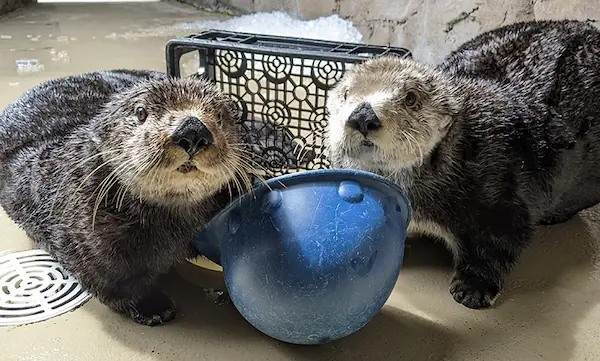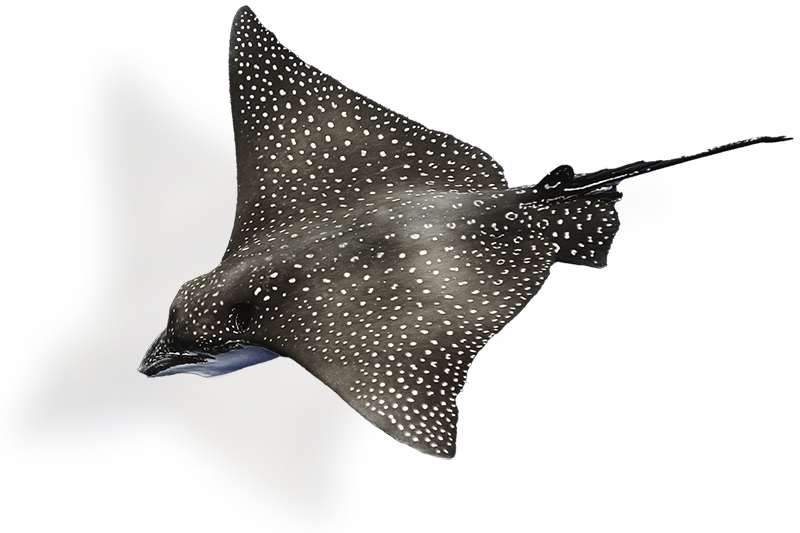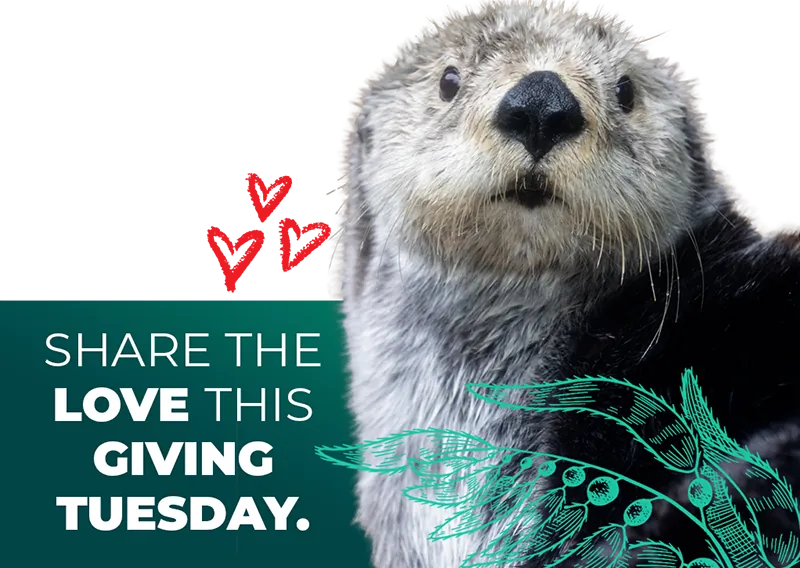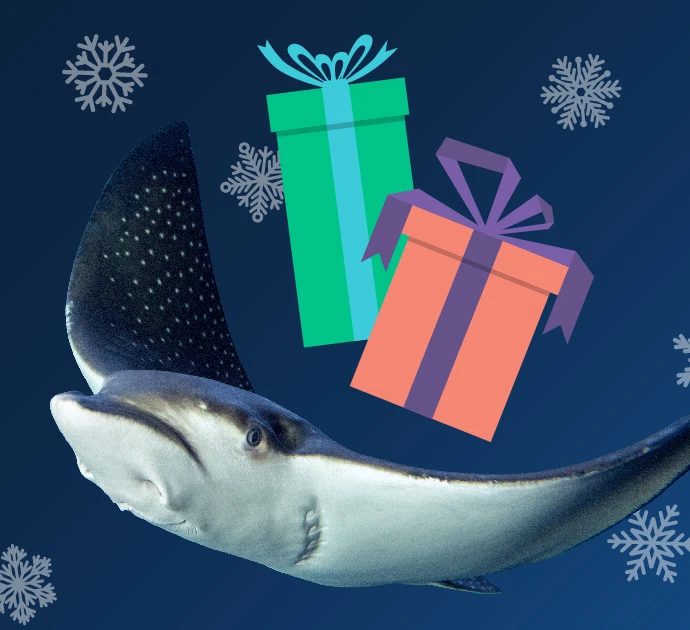Drum roll, please: The TOM FORD Plastic Innovation Prize powered by Lonely Whale just announced the winners of their global competition to develop a scalable and biologically degradable alternative to thin-film plastic polybags.
A bit of background: Tom Ford is one of the most influential names in fashion, an industry that uses almost 180 billion thin-film plastic polybags each year. It’s not yet estimated how many are used across other industries—but what is known is that thin-film plastics are nearly impossible to recycle and make up a full 46% of all ocean plastic pollution, or approximately 5 million metric tons. To help put that number in perspective, a single metric ton is equal to 2,205 pounds!
Understanding the deep and urgent need for more sustainable and nontoxic alternatives to thin-film plastics, Tom Ford partnered with Lonely Whale to launch the competition in 2020. Last spring, eight companies were named as finalists.
Each submitted their thin-film plastic alternatives for testing to determine which would meet both consumer needs—durability, flexibility and scalability—and undergo quick, safe degradation in environmental conditions. Their performance was compared to two controls: low-density polyethylene plastic film and brown kraft paper. Testing was conducted at two sites: the Seattle Aquarium and the University of Georgia’s New Materials Institute.
A rigorous—and wet!—testing process at the Aquarium
Our testing was primarily focused on biological degradation, to better understand how the materials behave in both the temperate marine environment and an organism’s internal environment—in other words, in an animal’s stomach—if they aren’t disposed of properly and end up in the ocean.
Our team of marine plastic scientists and scientific divers conducted testing in two locations between April and December of 2022. One was off the back of our pier, in the temperate waters of Elliott Bay (with temperate waters representing the vast majority of the planet’s marine waters) at two different depths: near the surface, and near the bottom.
The other was our Clean Seas research laboratory, using first-of-its-kind modeling designed to approximate the effect of the materials on the health and well-being of marine mammals, specifically gray whales, if the materials were ingested.
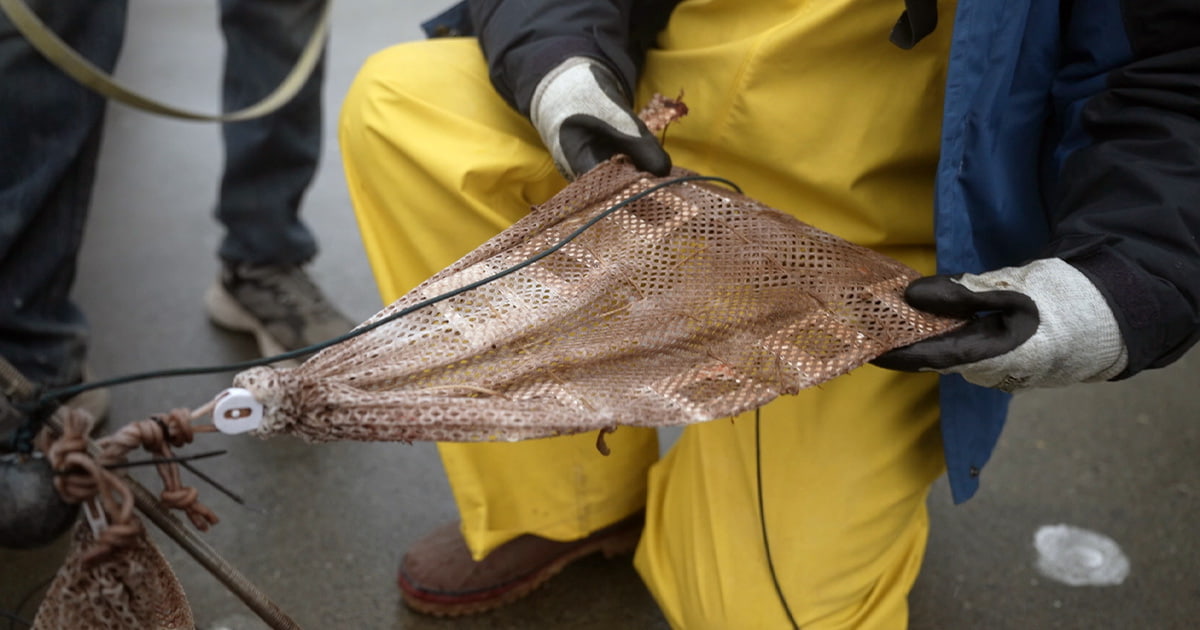
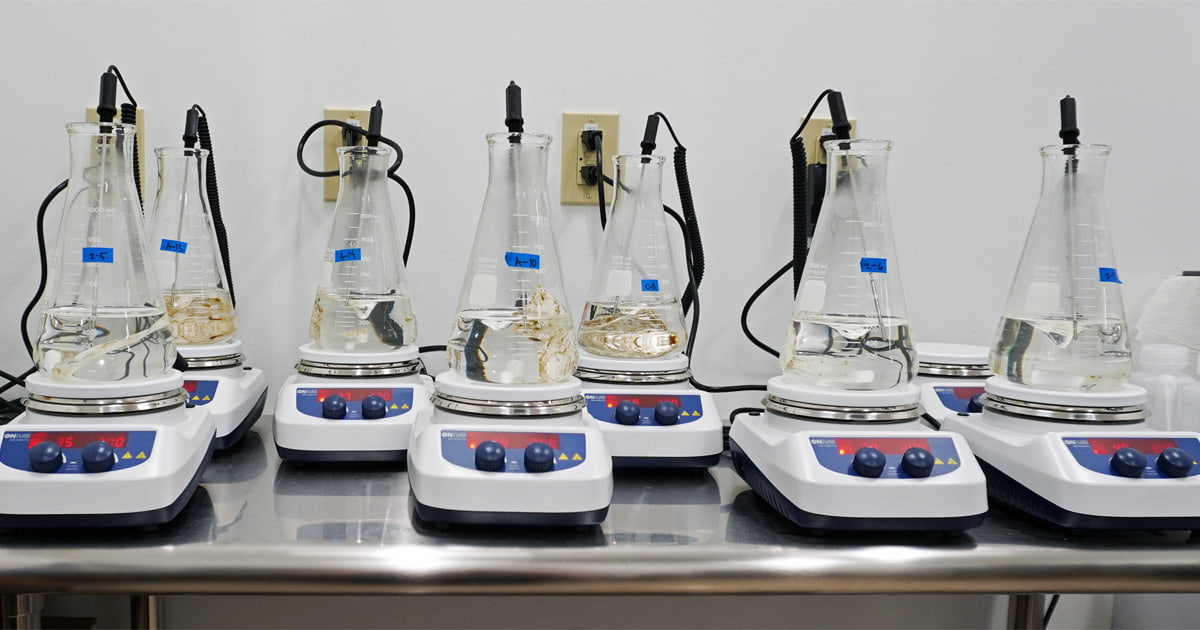
And the winners are...
Test results were written into a final report and delivered to the prize’s scientific and technical advisory board—which included our own Vice President of Conservation Programs and Partnerships Dr. Erin Meyer—and team of judges, who determined the winners.
In first place is the American company Sway; with Zerocircle, based in India, in second; and Notpla, based in London, in third. All three developed seaweed-based plastic alternatives. As described on Sway’s website, seaweed grows up to 60 times faster than land-based crops and can sequester up to 20 times more carbon per acres than forests, and cultivating it is inexpensive, requires no pesticides or fertilizers, and uses little equipment.
The winners will collectively receive a $1.2 million dollar prize purse—as well as continued support from Lonely Whale and the early adopter coalition, including companies such as TOM FORD, Nike, Stella McCartney and J. Crew. Coalition members have agreed to test the winning materials within their supply chain, making a real difference right now.
What can individuals do?
Not a major fashion designer or a research scientist? You can still help! Here are a few ideas:
- Pick up litter on a local beach or, better yet, organize a group of friends or family members to join a local beach cleanup.
- Switch to reusable dishes and utensils. Bring your own reusable mug or bottle when you get coffee or water. Skip the plastic utensils and straws when you get takeout food.
- Choose products with less packaging. Pay attention to how much incidental plastic comes with what you buy. Strive to cut down on your daily plastic consumption, buy used instead of new whenever possible and reward corporations that package responsibly!
- Buy in bulk rather than individually packaged items. Some stores even allow personal containers, like Mason jars, for bulk products including grains and spices.
- Shop local to reduce shipping and packaging plastics.
- If you live in Washington state, contact your legislators and ask them to pass policies to curb plastic pollution and reduce waste. Visit our Act for the Ocean page to learn how to get in touch.
- Sign up to receive our occasional action alerts on ocean-related policy issues like plastic pollution.
